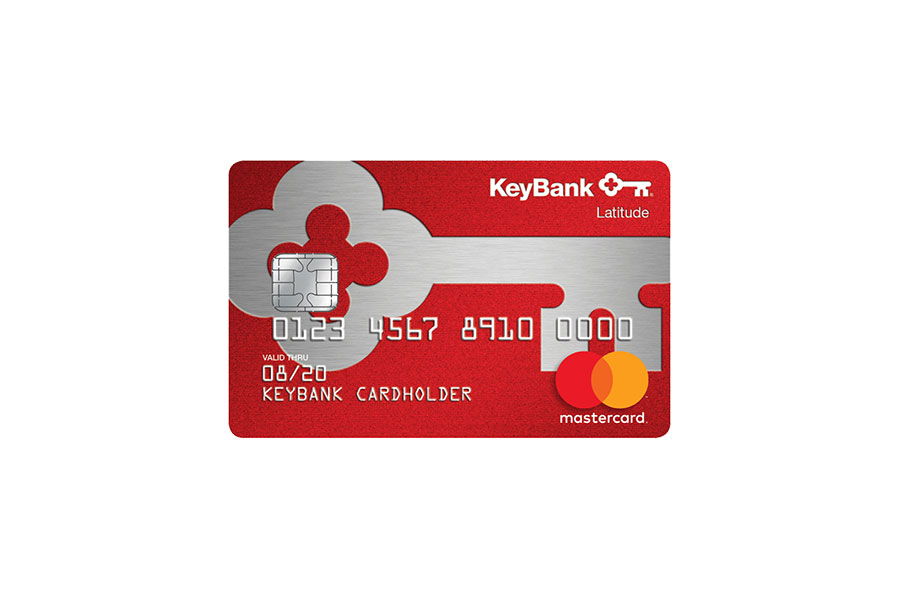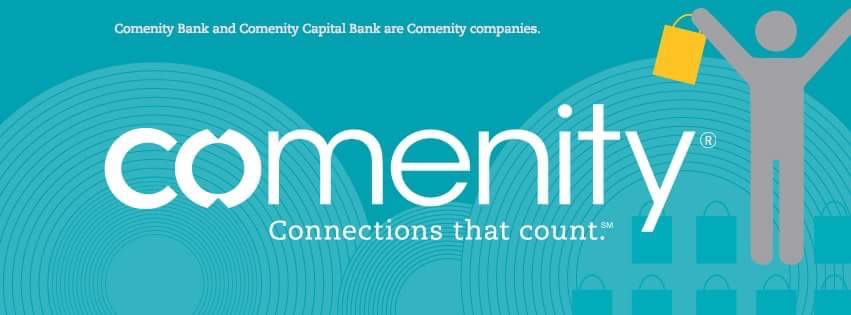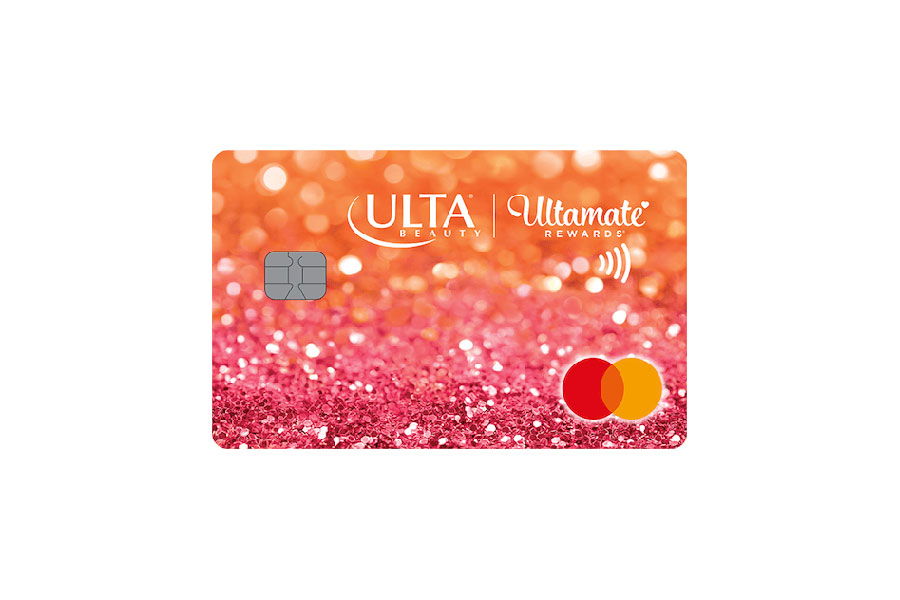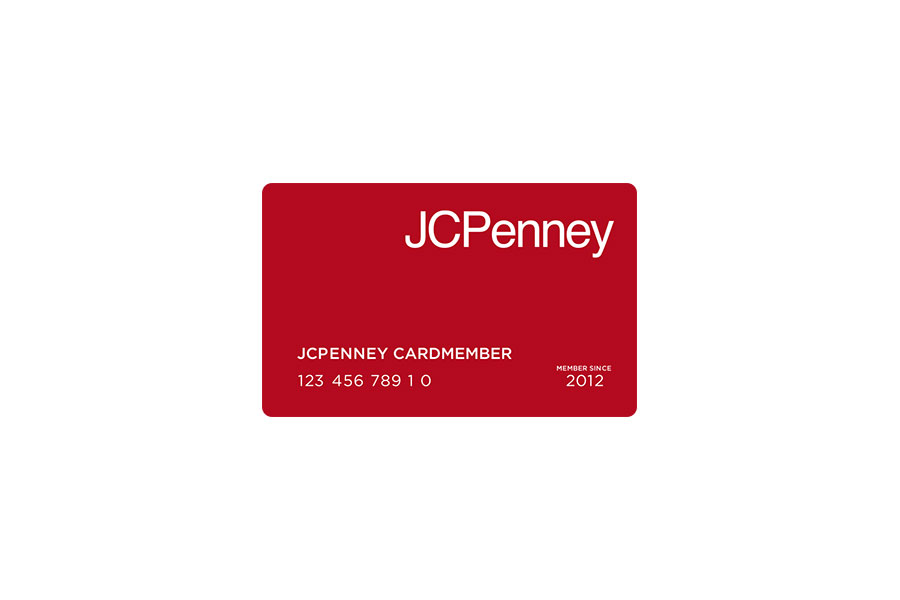KeyBank offers a range of credit cards designed for different financial needs, from earning rewards to managing everyday spending. Whether you’re looking for cashback, travel perks, or a low-interest financing option, getting approved depends on several factors.
Before applying, it’s important to know what lenders look for beyond just a credit score. Factors like income, credit history, and overall debt levels play a role in determining eligibility. Taking steps to strengthen your financial profile can help improve your chances of approval.

Credit Score Requirements for a KeyBank Credit Card
Applicants typically need a credit score of 640 or higher to qualify for a KeyBank credit card. While this falls into the fair credit range, approval isn’t solely based on your score. KeyBank also reviews your income stability, debt-to-income ratio, and past payment history to assess your ability to manage new credit.
If your score is on the lower end, improving your financial standing before applying can make a difference. Paying down existing balances, ensuring bills are paid on time, and spacing out credit applications can help strengthen your profile and improve approval odds.
How to Increase Your Chances of Getting Approved for a KeyBank Credit Card
- Know your credit scores and monitor your credit reports: Before applying for a KeyBank Credit Card, make sure you’re familiar with your credit scores and have reviewed your credit reports. This will give you a better understanding of your credit standing and any areas that need improvement.
- Maintain a strong credit history: A good credit history demonstrates your ability to manage credit responsibly. This includes making on-time payments, keeping your debt levels low, and using a mix of credit accounts. By showing that you can effectively handle credit, you’ll be more appealing to potential lenders.
- Keep your credit utilization low: Credit utilization refers to the percentage of your available credit that you’re currently using. A low credit utilization rate (below 30%) is ideal, as it indicates that you’re not overextended and can manage your existing credit well.
- Limit credit inquiries: Applying for multiple credit cards or loans within a short period can lead to numerous hard inquiries on your credit report, which may lower your credit score. Try to space out your credit applications to minimize the impact of these inquiries.
- Ensure a steady income: Credit card issuers want to see that you have a consistent income that can support the repayment of any credit you’re extended. Providing proof of income, such as pay stubs or tax returns, can help bolster your application.
- Consider debt consolidation: If you’re carrying high-interest debt across multiple accounts, consolidating your debt with a low-interest loan or balance transfer credit card can help you manage your payments more effectively and potentially improve your credit score.
Taking the Next Steps Toward Approval
If you’re not confident in your credit score or recent financial history, there are ways to improve your chances before applying. Making consistent on-time payments, lowering credit utilization, and monitoring your credit report for errors can all contribute to a stronger application.
For those dealing with negative items on their credit report, professional credit repair services may help. Credit Saint assists clients in disputing inaccurate negative marks such as late payments, collections, and charge-offs. Removing incorrect information can improve your credit profile and increase your chances of qualifying for better credit options. Visit their website for a free consultation to explore your options.



